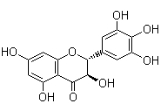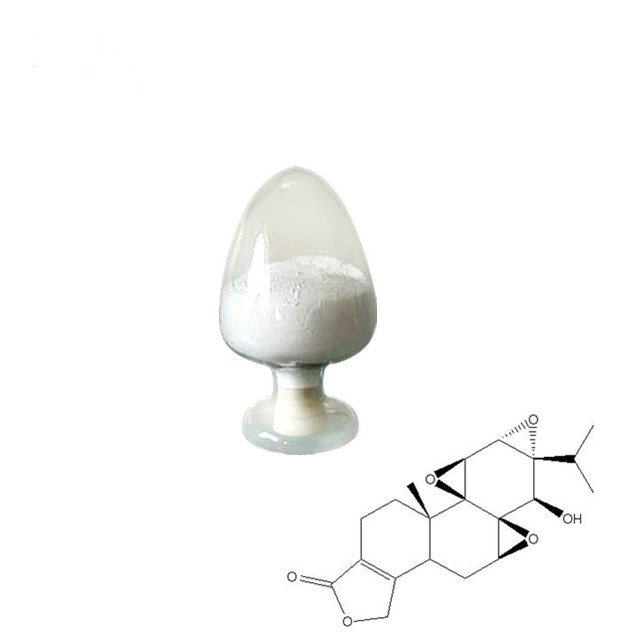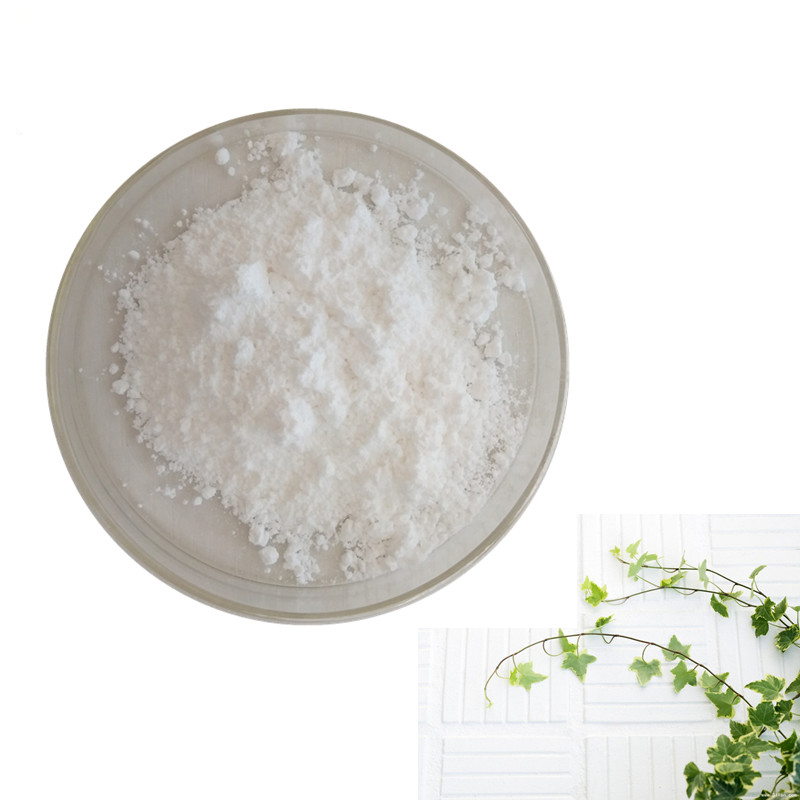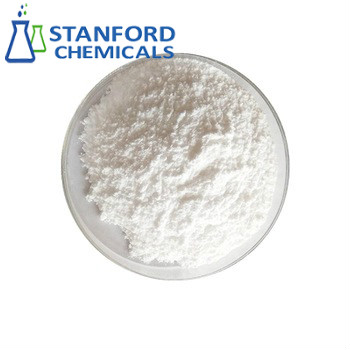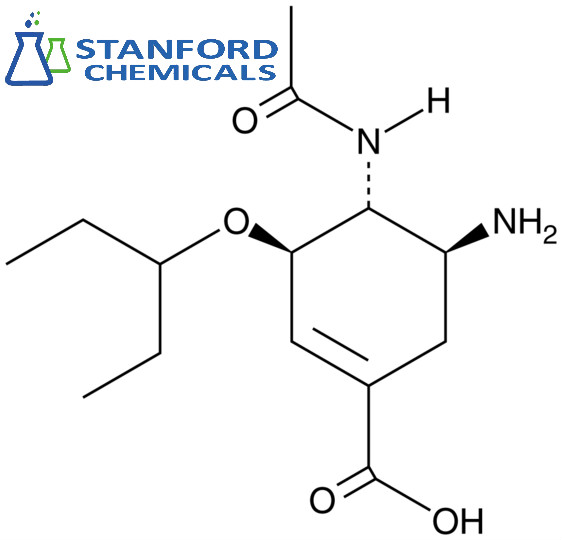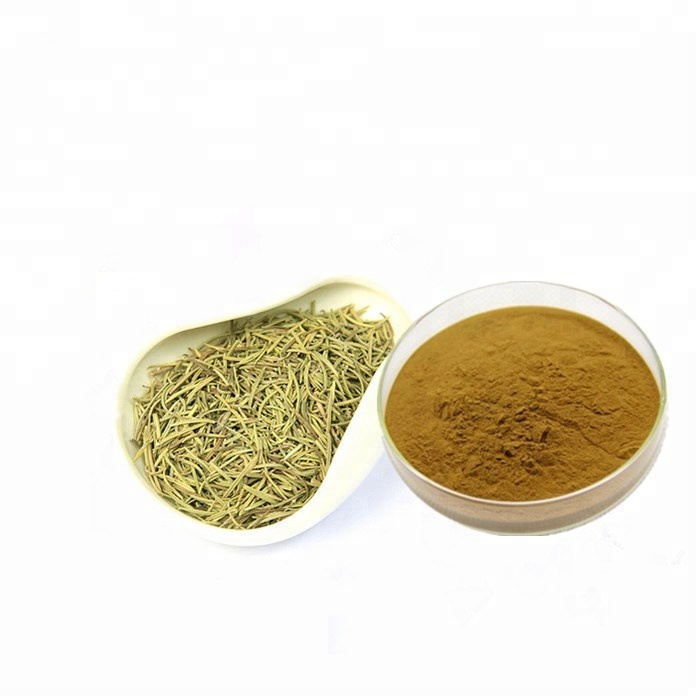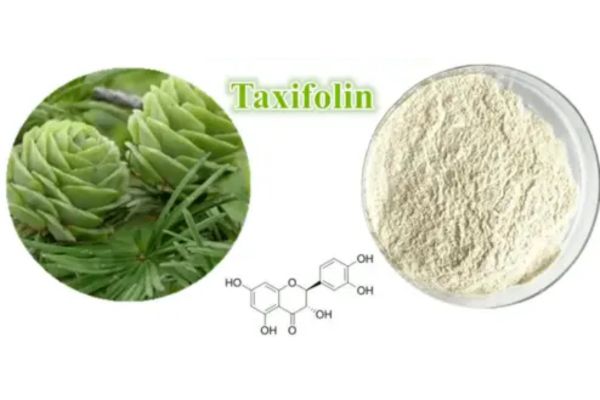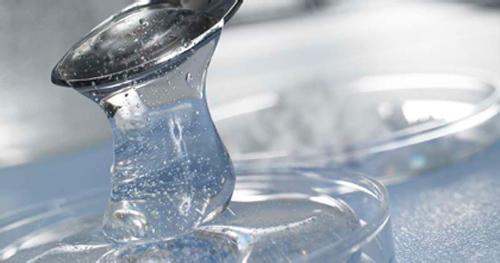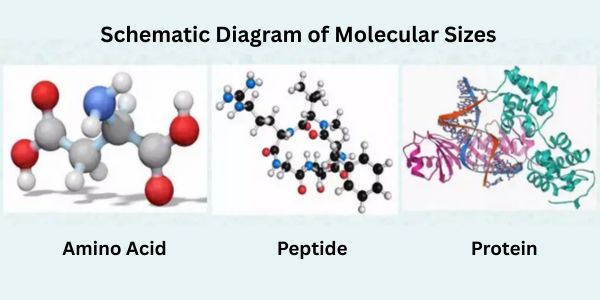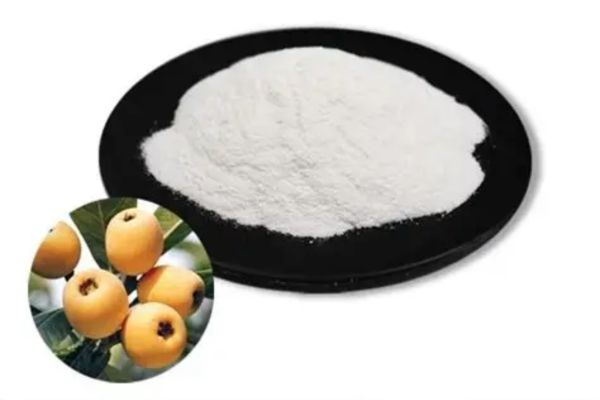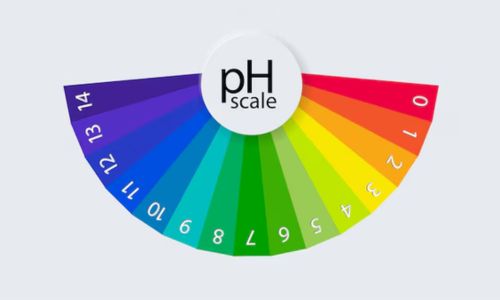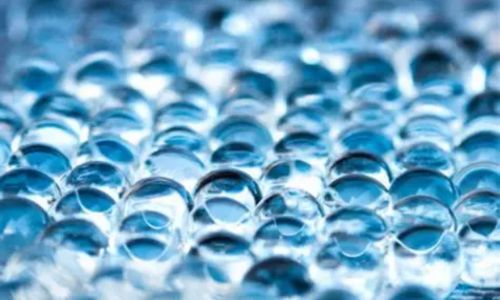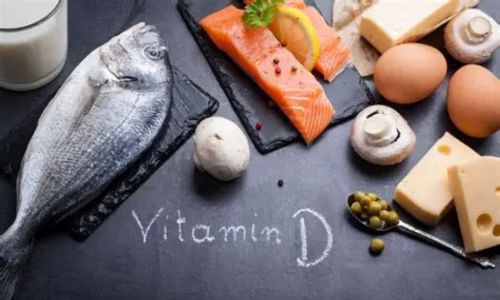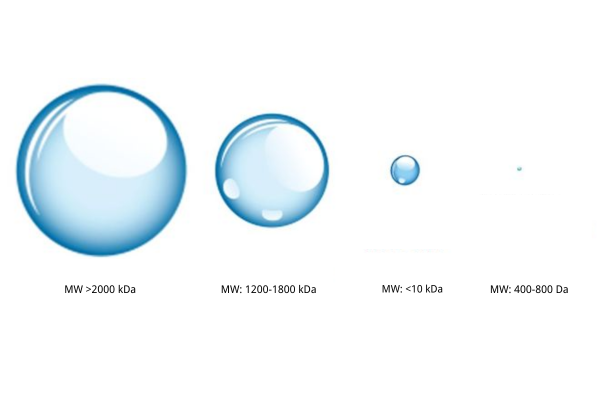In the late 1980s, Japan introduced the first hyaluronic acid beauty and health foods. Today, over 161 HA-containing foods can be found in the Japanese market, from everyday foodstuffs like snacks, sweets, and beverages to health foods like oral liquids and capsules. Food-grade hyaluronic acid has been applied extensively in the food and beverage industry with over 2,000 HA-fortified foods on the market worldwide, such as in the US, UK, Canada, Czech Republic, and Brazil. This raises a very crucial question: Do food-grade hyaluronic acids actually have any health benefit to humans?
What Is Hyaluronic Acid?
First, tell us about this favorite ingredient. Hyaluronic acid (HA) is an acidic mucopolysaccharide, first found and isolated from the cow eye's vitreous humour. The naturally occurring agent can be seen in the human body, mostly in eyes, knee joint synovial fluid, and skin. HA is crucial in maintaining hydration of the skin, lubricating joints, regulating blood vessel permeability, and healing wounds. As a result of these uses, it is extensively used in skincare, joint therapy, eye drops, and pharmaceuticals.
Why Is Hyaluronic Acid Important?
Research shows that as people age, their ability to produce HA declines. For example, if the level of hyaluronic acid in a 20-year-old is taken as 100%, at the age of 60, it reduces to merely 25%. Not just limited to skin aging and wrinkle formation, but the reduction of hyaluronic acid is also related to age-related changes and conditions in joints, blood vessels, heart, eyes, and brain.[i] 
Fig 1. Hyaluronic acid is lost with age
Does Food-grade Hyaluronic Acid Really Benefit Health?
The million-dollar question is whether food-grade hyaluronic acid can be absorbed and utilized by the body. Scientists have diligently endeavored to research this. One of these studies was carried out by the Mucosal Immunology and Biology Research Center at Massachusetts General Hospital, which is associated with Harvard Medical School. In their study, they analyzed how food-grade hyaluronic acid affects gastrointestinal health. The findings revealed that hyaluronic acid is good for gut health in various ways.[ii]
- Reducing Intestinal Inflammation & Supporting Gut Health
Hyaluronic acid reduces intestinal inflammation and promotes overall gut health. In the study, mice pre-treated with HA were seen to be protected against colon damage and inflammation induced by Citrobacter rodentium. The mice were also seen to have reduced symptoms of weight loss, rectal bleeding, and diarrhea.
- Increasing Gut Microbiome Diversity
Mice that received HA exhibited a significant rise in the Simpson Diversity Index, indicating a more diverse and healthier gut microbial population.
- Strengthening the Gut Barrier Function
Hyaluronic acid improves gut barrier function. The intestinal mucus layer, composed of mucin MUC2 from goblet cells and water and inorganic salts, is a vital protective barrier. Research showed that oral HA augmented goblet cell count and enhanced mucin secretion, thereby enhancing the protection of the gut against infection and injury.
Additional Benefits of Oral Hyaluronic Acid
In addition to gut health, oral hyaluronic acid has also been shown to hydrate skin and reverse aging. A 2017 clinical trial in the Journal of Evidence-Based Complementary and Alternative Medicine followed 20 healthy women aged 45 to 60 who took HA daily for 40 days.[iii] Skin assessments conducted before, during, and after the trial revealed noticeable improvements in elasticity and hydration, along with reductions in roughness and wrinkle depth. Hyaluronic acid also supports joint health. While HA injections are commonly used to treat osteoarthritis, oral HA has demonstrated positive effects as well. A 2020 study by Hokkaido University, published in the European Journal of Pharmaceutics and Biopharmaceutics, explored how high-molecular-weight HA is broken down by gut microbes into smaller, absorbable fragments. These fragments then enter the lymphatic system and bloodstream, delivering HA to organs and tissues that need it.

Fig 2. The process of food-grade HA being absorbed by the human body[iv]
Conclusion
A number of reputable studies have confirmed that oral HA is not only absorbed by the body but also produces concrete health benefits. With foods containing HA gaining popularity, increasing numbers of consumers are stepping forward with visible positive differences in their skin and overall health. The evidence suggests that the dietary intake of food-grade hyaluronic acid can be a valuable addition to good health and combating the signs of aging.
* Free samples are available. For pricing inquiries, please contact us for a quote: Get A Quote.


